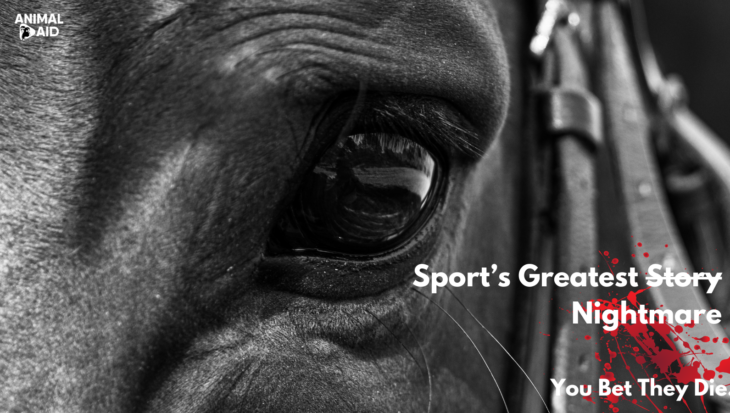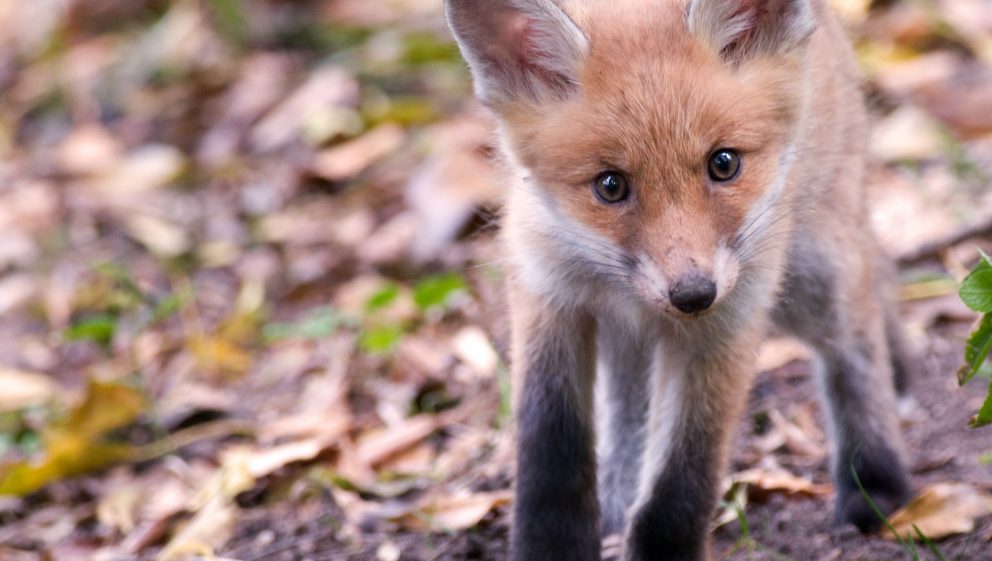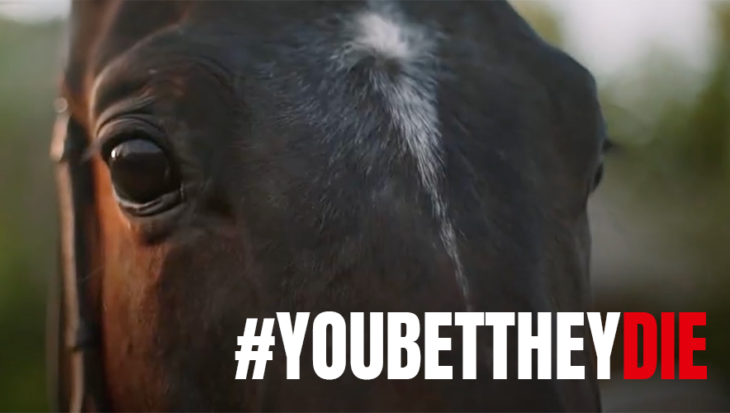Reports of planned trapping and culling sparked outrage from animal lovers, who took to social media to vent their frustration and disappointment at the situation.
In their letter, Animal Aid makes it clear that culling foxes – which is usually done through trapping and shooting – is not only cruel, but an ineffective means of resolving conflict with the animals.
Enclosed within the letter were copies of Animal Aid’s Fox Advice Sheet, which details easy steps one can take to humanely deter foxes, and Animal Aid’s Alternatives to Culling report which provides detailed information on humane methods of deterrence for wild animals – including, foxes, birds, grey squirrels, rats and mice, and moles.
The hospital has since stated that they are looking at other ways to deter the foxes.
Current, long-standing, government policy on lethal urban fox control states:
‘Territories made vacant by culling resident foxes are rapidly colonised by new individuals. The most effective strategies to resolve fox problems have primarily relied on non-lethal methods, focusing on preventative and deterrent strategies.’
Says Animal Aid Campaigner, Tod Bradbury:
‘The use of lethal control for foxes is not only cruel, but pointless. In short, if a fox – or indeed a family of foxes – is killed, new foxes will quickly take over the vacant territory, thus failing to resolve the situation. This will result in an endless cycle of trapping and killing.
‘We hope that the information we have provided to Southmead Hospital is useful and taken on board, and that a humane solution is sought. Humane solutions are not only better for wildlife, they are better for those patients and staff members who do not wish to see wildlife harmed or killed, and they are better for the hospital economically.’


